Differences and similarities between words
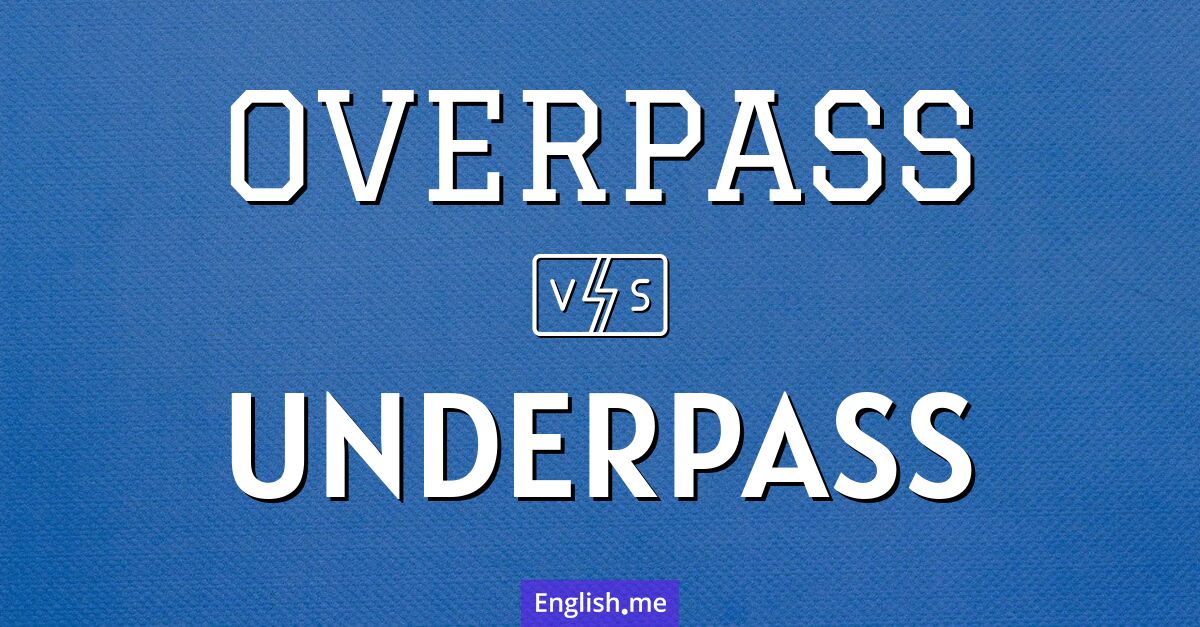
"Overpass" vs "Underpass": the two sides of urban pathways
An overpass is a bridge or structure that allows roads ... Learn more →
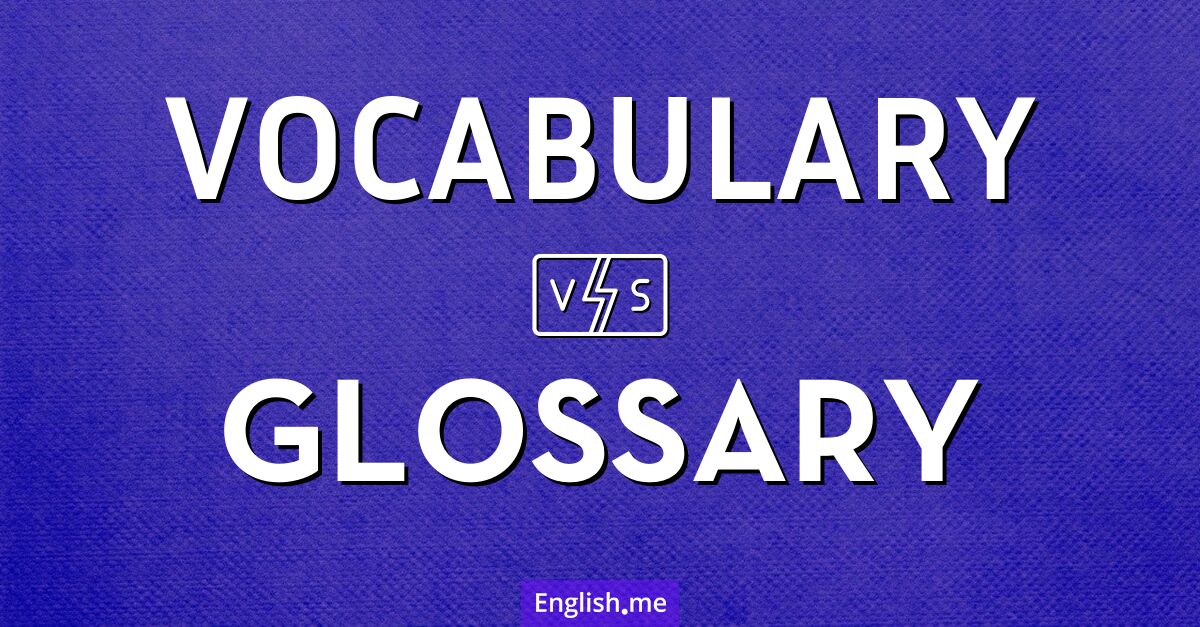
"Vocabulary" vs "Glossary": bridging words and definitions
A vocabulary is a set of familiar words within a ... Learn more →
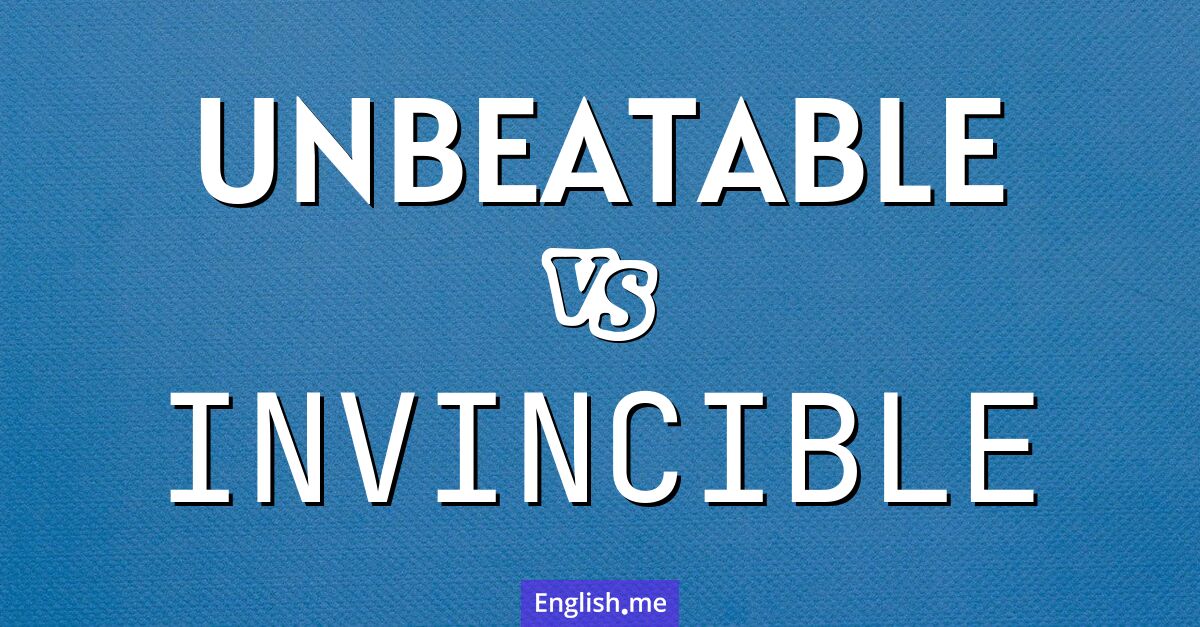
"Unbeatable" vs. "invincible": words of endurance and power explored
"Unbeatable" often implies superior skill or strength in a specific ... Learn more →

"Television" vs. "broadcasting": the duo of sight and signal
"Television" refers to both the device and the medium of ... Learn more →
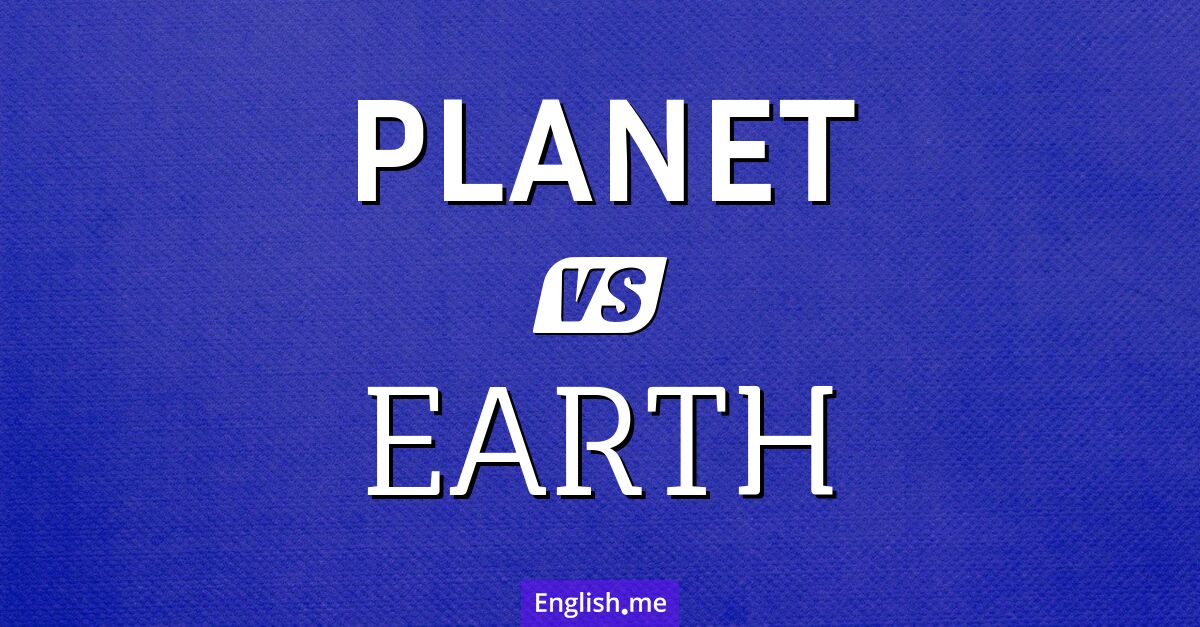
"Planet" vs. "earth": comparing the celestial terms
"Planet" is a general term for celestial bodies orbiting a ... Learn more →

"Competence" vs. "expertise": distinguishing mastery from proficiency
"Competence" indicates sufficient ability or skill, while "expertise" suggests a ... Learn more →
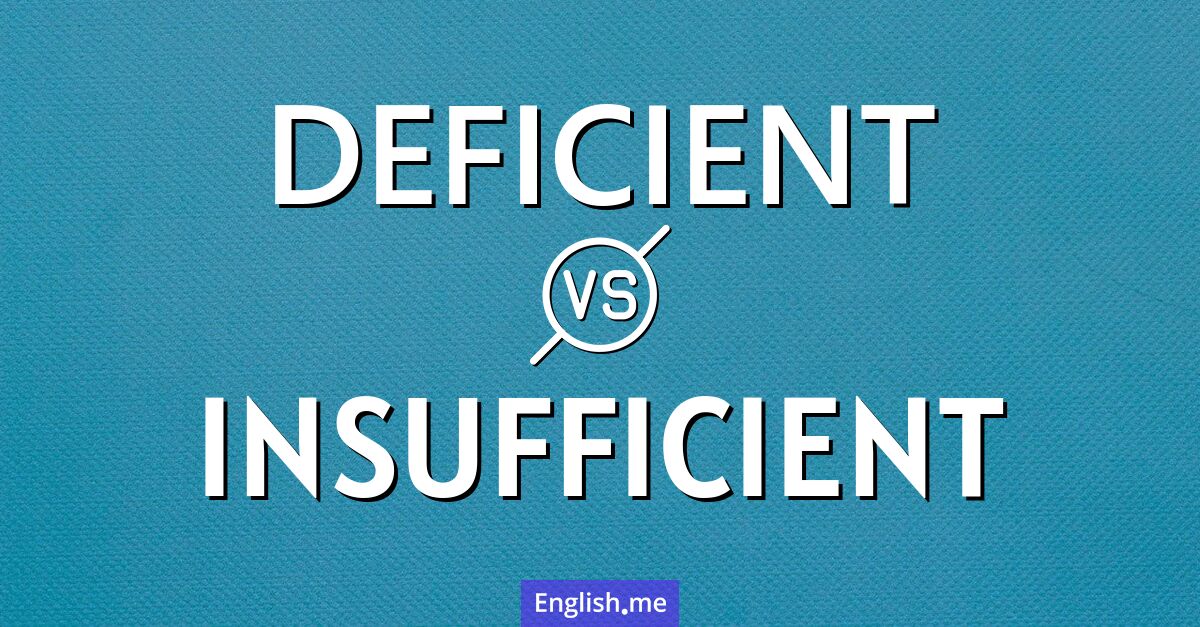
"Deficient" vs. "insufficient": a lexical comparison
Deficient often implies something is lacking an essential quality or ... Learn more →
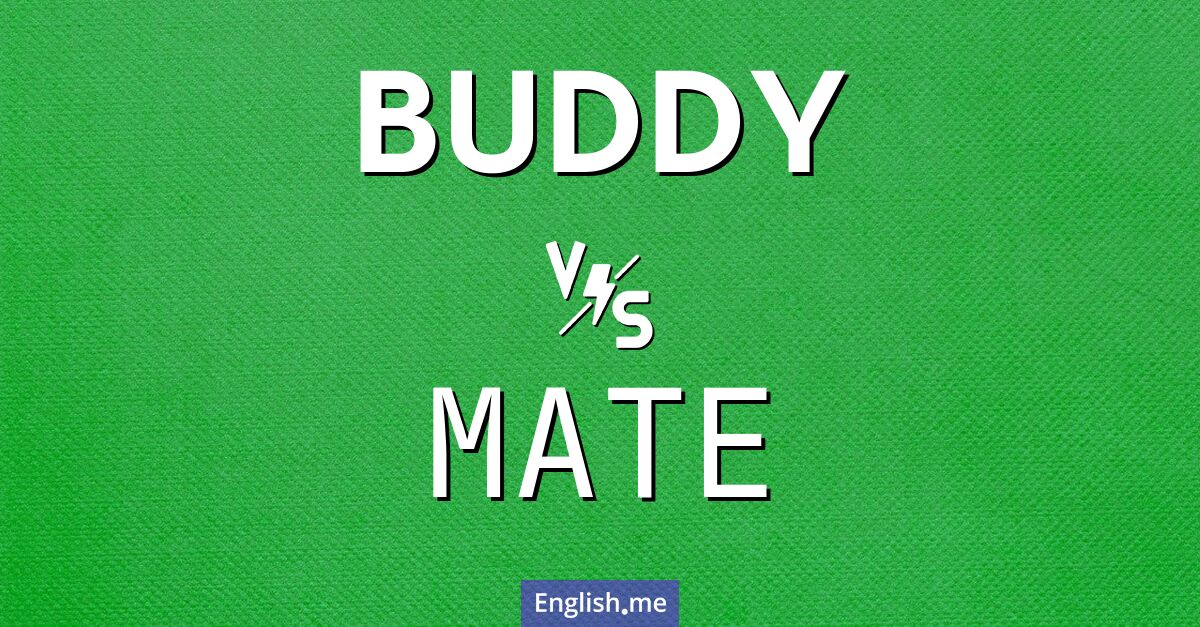
"Buddy" vs. "mate": analyzing friendly expressions
"Buddy" is more commonly used in American English, while "mate" ... Learn more →
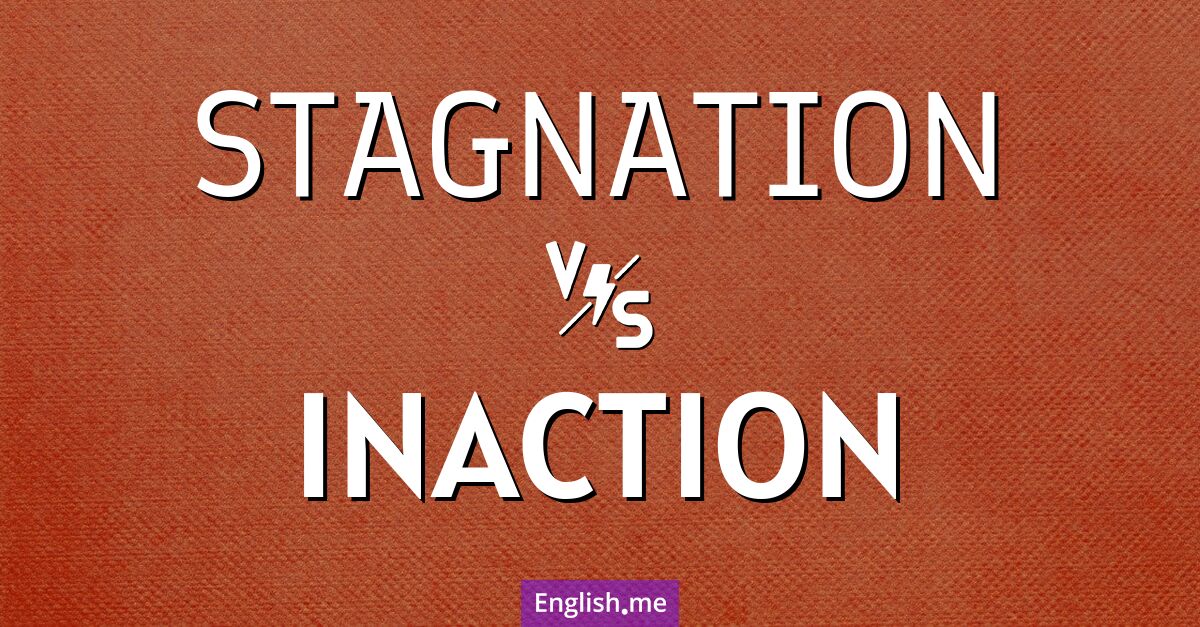
"Stagnation" vs. "inaction": stillness in words
Stagnation often implies a lack of growth or activity, typically ... Learn more →
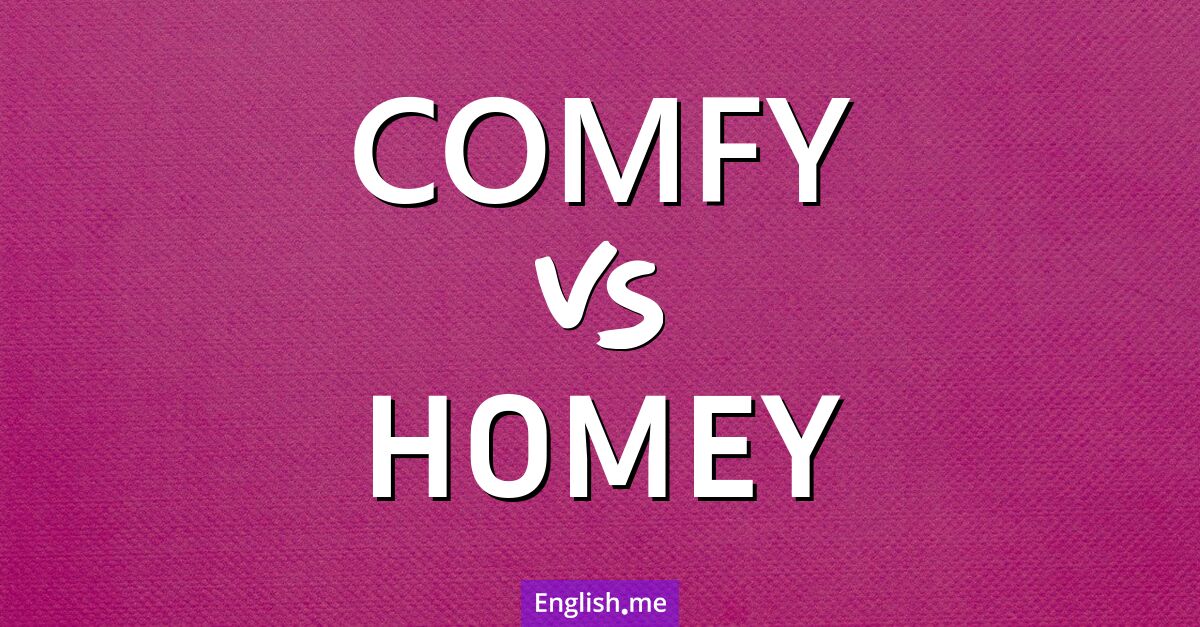
Cozy chronicles: "comfy" vs "homey"
"Comfy" is more often used to describe physical comfort, while ... Learn more →

 English
English español
español française
française italiano
italiano deutsche
deutsche 日本語
日本語 polski
polski česky
česky svenska
svenska Türkçe
Türkçe Nederlands
Nederlands